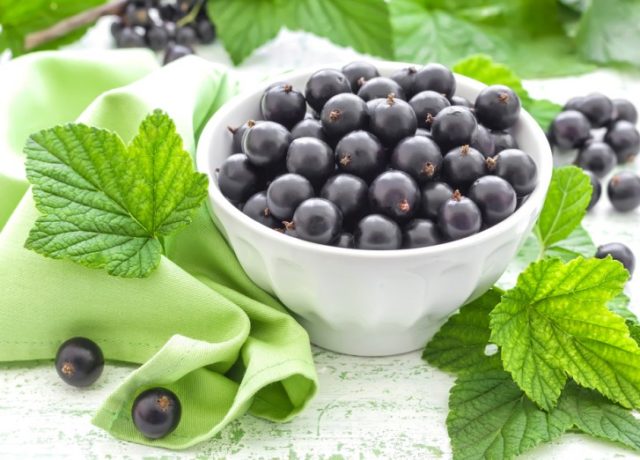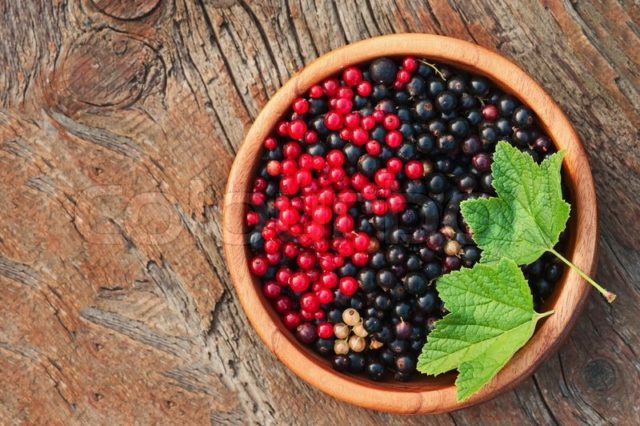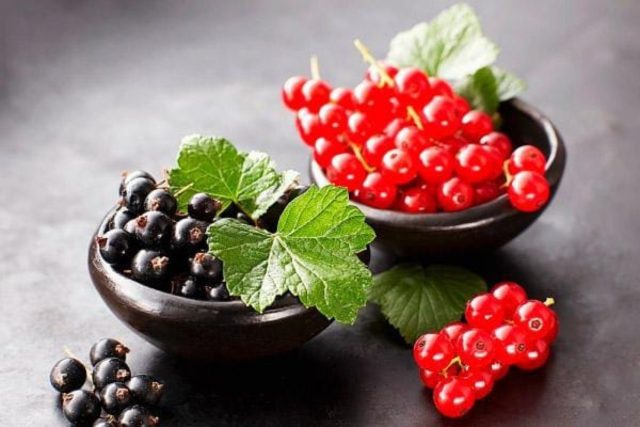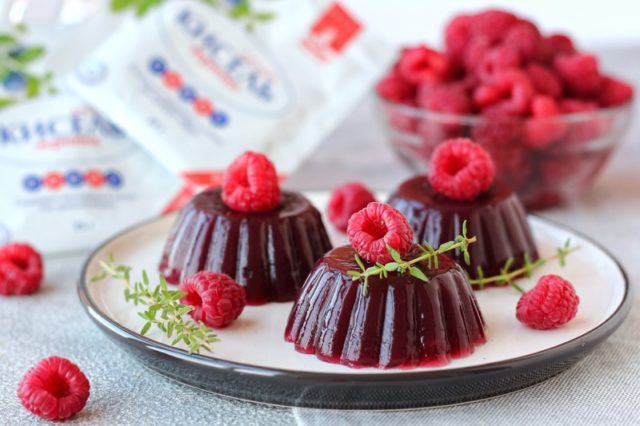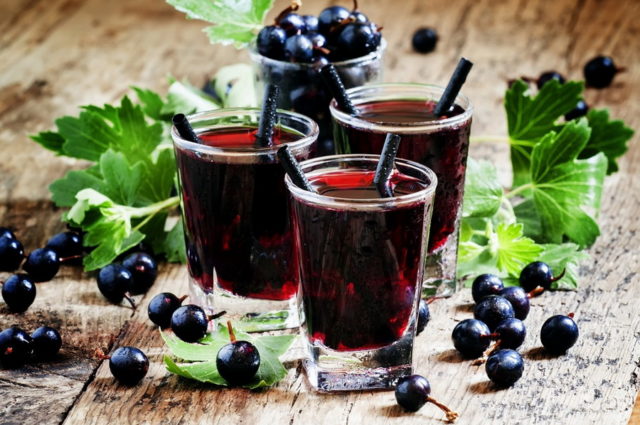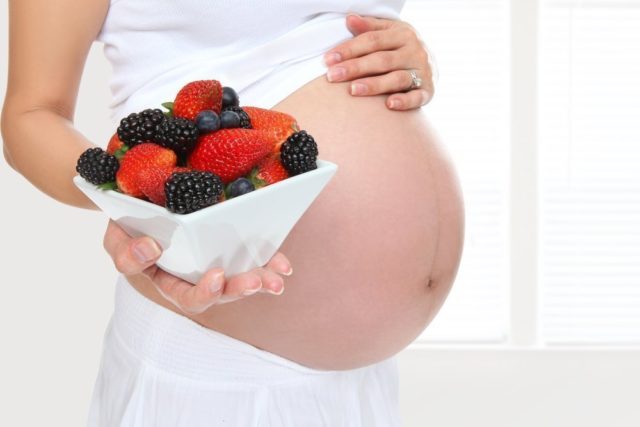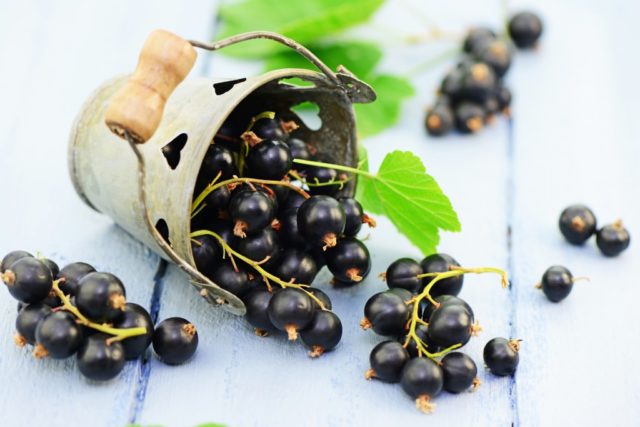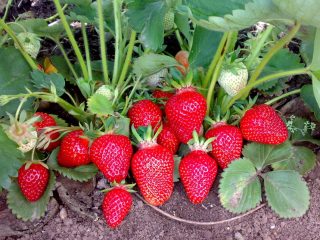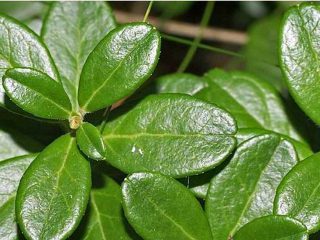Content
Currant is a berry-leader in the content of ascorbic acid. It is also rich in natural pectins and organic acids. The composition of the mineral complex makes the fruits of this shrub useful and in demand for anemia and vitamin deficiency. During pregnancy, black currants can become a source of necessary calcium, as well as strengthen immunity and help improve blood counts.
Is it possible for pregnant women to black and red currants
Pregnancy is a state of a woman's body when any food products can have a noticeable effect. The benefits or harms of currants during pregnancy are spoken of, implying the influence of the components of the composition.
During the period when the female body is being rebuilt, using all the resources in order to bear a healthy child, it is necessary to properly plan the diet, include all kinds of useful elements rich in vitamins and minerals.
This group of products includes a variety of berries. Each of the varieties may be contraindicated when diagnosing specific diseases in pregnant women. If there are no contraindications, then the benefits of black currant for a pregnant woman becomes undeniable. Currant acts as a general tonic, is a natural complex of vitamins and minerals.
Why black and red currants are useful for pregnant women
Black currant contains vitamin C, B vitamins, provitamin A, which is necessary for pregnant women. Sugars in currants are represented by glucose and fructose. The composition is supplemented with glycosides, organic acids, flavonoids, natural pectins. Among the mineral composition, the content of potassium and calcium is increased. In addition, the berry contains essential oils that give the fruits and leaves a recognizable aroma. The black variety is recommended for pregnant women in the absence of contraindications as a product with multidirectional influences:
- For general strengthening of the immune system. Ascorbic acid as the main element of the composition helps to prevent the development of viral infections.
- For saturation with different types of vitamins. The complex of components is diverse: calcium, potassium, magnesium are needed to strengthen bones, iron, phosphorus, magnesium are useful to improve blood parameters.
- To normalize the digestive system. The tanning components of the black currant composition help to get rid of flatulence, bloating.
- To normalize blood pressure. This property of black currant is considered especially important during late pregnancy.
- To improve blood counts, improve brain activity. The components of the composition affect the state of blood vessels, prevent their fragility, increasing elasticity.
The red variety is also rich in vitamins and minerals. In addition, it contains vitamin E, among the minerals, the content of potassium, calcium, phosphorus is increased. Red currant, in the absence of contraindications, is especially useful in the early stages of pregnancy, it contains slightly less ascorbic acid than black currant, but the content of PP vitamins and vitamin A is increased, which is especially important for women with a short period of time.
Fruits, when dosed, regularly taken, can be a prophylactic agent that prevents anemia, fetal hypoxia during pregnancy. Red currant juice helps to reduce discomfort during pregnancy toxicosis, it is taken 1 tsp. after meals daily.
In what form is it better to use currants during pregnancy
Black and red varieties are rich in natural pectin. This is a substance that helps thicken jellies, preserves, jams. An excellent sour-sweet jam is made from currants, which can be stored for several years, subject to technological methods.
Preservation products are distinguished by unique tastes and aromas, but the indicators of the benefits of harvesting black currants for pregnant women are significantly reduced. After heat treatment and the addition of sugar, the berries lose more than a third of their beneficial properties. Preserves and jams with a high sugar content can significantly alter blood counts and increase blood sugar markers.
Nutritionists and gastroenterologists recommend that pregnant women consume fresh fruits. A good option is to add compotes with a low sugar content, as well as freshly prepared fruit drinks or jelly to the diet of a pregnant woman.
One of the options is the use of mousses or jellies during pregnancy. Jelly made with freshly picked fruits is especially beneficial due to the content of natural pectins and antioxidants. This delicious dessert does not contain much sweetener and is also a great addition to the main menu.
Nutrition for pregnant women should be balanced. Black berry during pregnancy can be useful in compotes or assorted fruit drinks with the use of other berries that improve the taste of drinks.
How many fresh currants per day can a pregnant woman
If we talk about the benefits of currants for pregnant women, then you need to take into account the frequency and volume of food eaten. Regular consumption of berries leads to a general strengthening of the body, an increase in defenses, a decrease in anxiety, and an improvement in mood.
It is recommended to consume no more than 20-30 berries daily. This amount is enough to meet the daily requirement for ascorbic acid. At the same time, it is important to choose undamaged fruits, without punctures, cracks, dry areas. The berry should not be overripe, otherwise some of the beneficial properties will be lost.
Precautions and contraindications
During pregnancy, black currants are a source of vitamins, essential minerals, antioxidants, and organic acids. Due to the high content of vitamin C, its fruits have a sour taste, which is characteristic of both black and red currants. The acids contained in berries can have negative effects in diagnosing stomach diseases during pregnancy.
- This applies to pregnant women who have had bowel problems before pregnancy. Citric, ascorbic, malic acids can irritate the inflamed walls of the stomach with gastritis, ulcers, cholecystitis. These phenomena often provoke an intense production of gastric juice, which, in turn, leads to the appearance of heartburn. In more difficult cases, spasms of the gastric walls occur. Therefore, the use of currants during pregnancy is minimized if the normal activity of the gastrointestinal tract is disrupted;
- Currants during pregnancy in the third trimester can have a negative effect if the expectant mother suffers from constipation. Constipation becomes common at this stage of pregnancy. The fetus disrupts the normal structure of organs, creates pressure where it should not be. With systematic constipation in the later stages, currants are excluded from the diet.The berry has a fixing property, it perfectly helps with diarrhea, but is contraindicated for constipation;
- Thrombophlebitis, as well as increased blood clotting, can become a contraindication to taking black currant during pregnancy. Berries contain unique elements that affect blood counts, blood cell count, and stimulate blood flow. This property of black currant during pregnancy during the 2nd trimester may become undesirable. The processes occurring in the body of a pregnant woman are often a reaction to familiar things. Activation of the current in the blood with a slow response of the entire hematopoietic system leads to the appearance of thrombophlebitis, varicose veins, and vascular problems in the second half of pregnancy.
Conclusion
Black currant during pregnancy is recommended for women who have no contraindications. Berries are a real storehouse of vitamins, essential minerals that contribute to the correct intrauterine development of the child. Micro- and macroelements are necessary for the formation of the musculoskeletal system, ascorbic and folic acids, which are contained in red and black berries, help the mother's body fight viruses and infections.
